On May 22, 2025, the Aurora City Council greenlighted a resolution to collaborate with federal authorities in tackling drone threats near Buckley Space Force Base, a critical hub for national defense operations. This agreement, detailed in a report by The Sentinel, aims to bolster airspace security by addressing unauthorized unmanned aerial systems (UAS) incursions, a growing concern for military installations and drone professionals alike.
Strengthening Airspace Security
The agreement establishes a framework for the Aurora Police Department and the Federal Bureau of Investigation (FBI) to respond to reports of drones or unmanned aerial systems operating too close to Buckley Space Force Base. This includes collaboration with Buckley’s law enforcement, notably the 460th Security Forces Squadron, to monitor and address potential threats. The pact focuses on a 5-mile radius around the base, ensuring that civilian drone operators are held accountable for violations while federal authorities handle more serious offenses.
For drone professionals and recreational pilots, this means heightened scrutiny in the area. Buckley Space Force Base, located in Aurora, Colorado, houses critical satellite operations, as seen in the Sentinel’s photo of the base’s distinctive radomes. Unauthorized drone activity in this airspace can interfere with sensitive military operations, potentially compromising national security. The agreement explicitly states that it “does not declare additional jurisdiction nor limit or modify the existing jurisdiction vested in the parties,” but instead provides “primary responsibilities for the specific subject matter of Unmanned Aerial Systems incursions into Buckley Space Force Base airspace from outside the installation.”
Implications for Drone Operators
This resolution introduces a layered response to drone activity. Aurora police will handle civilian suspects within the 5-mile perimeter, while the FBI steps in for federal offenses. For drone pilots, this underscores the importance of adhering to airspace regulations, especially near restricted zones like military bases. The Federal Aviation Administration (FAA) already designates no-fly zones around such installations, typically enforced through geofencing technology in modern drones. However, incidents of non-compliance—whether intentional or accidental—have prompted this intergovernmental approach.
The agreement also emphasizes public outreach and mutual training exercises on drone regulations, which could benefit the drone community. By educating pilots on safe flying practices, Aurora aims to reduce violations while fostering a cooperative relationship with the industry. As the council packet notes, “Promoting safety in our built environment through effective administration of city codes and ordinances and responding to emergencies appropriately to preserve and enhance the community’s sense of security and well-being is the strategic outcome of the agreement, according to the city council packet.”
Industry Trends and Future Outlook
The rise of drone usage—both recreational and commercial—has led to increased focus on airspace management. In 2024 alone, the FAA reported over 850,000 registered drones in the U.S., with numbers continuing to grow. Military bases like Buckley, which spans over 3,800 acres, face unique challenges in maintaining secure airspace amidst this boom. The Aurora-Buckley partnership could serve as a model for other municipalities near military installations, balancing public safety with the growth of the Drone Industry.
For drone professionals, this agreement highlights the need for advanced technologies like Remote ID systems, which allow authorities to identify and track drones in real-time. It also signals a push toward stricter enforcement, potentially influencing future regulations. As Drone Technology evolves, so too must the strategies to ensure safe integration into shared airspace, particularly near sensitive sites.
This resolution marks a proactive step in addressing drone threats, ensuring that Buckley Space Force Base remains secure while supporting Aurora’s commitment to community safety and industry growth. Drone pilots operating near military zones should stay informed and compliant to avoid Legal repercussions.
Photo courtesy of Wikipedia
Discover more from DroneXL.co
Subscribe to get the latest posts sent to your email.




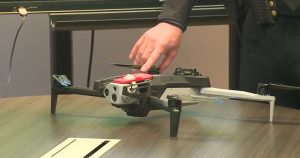
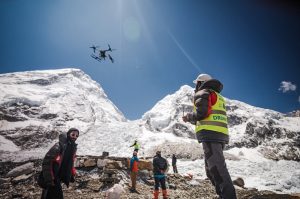
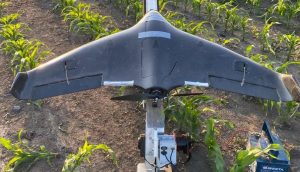
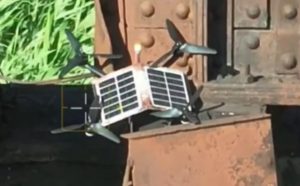
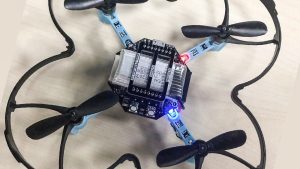
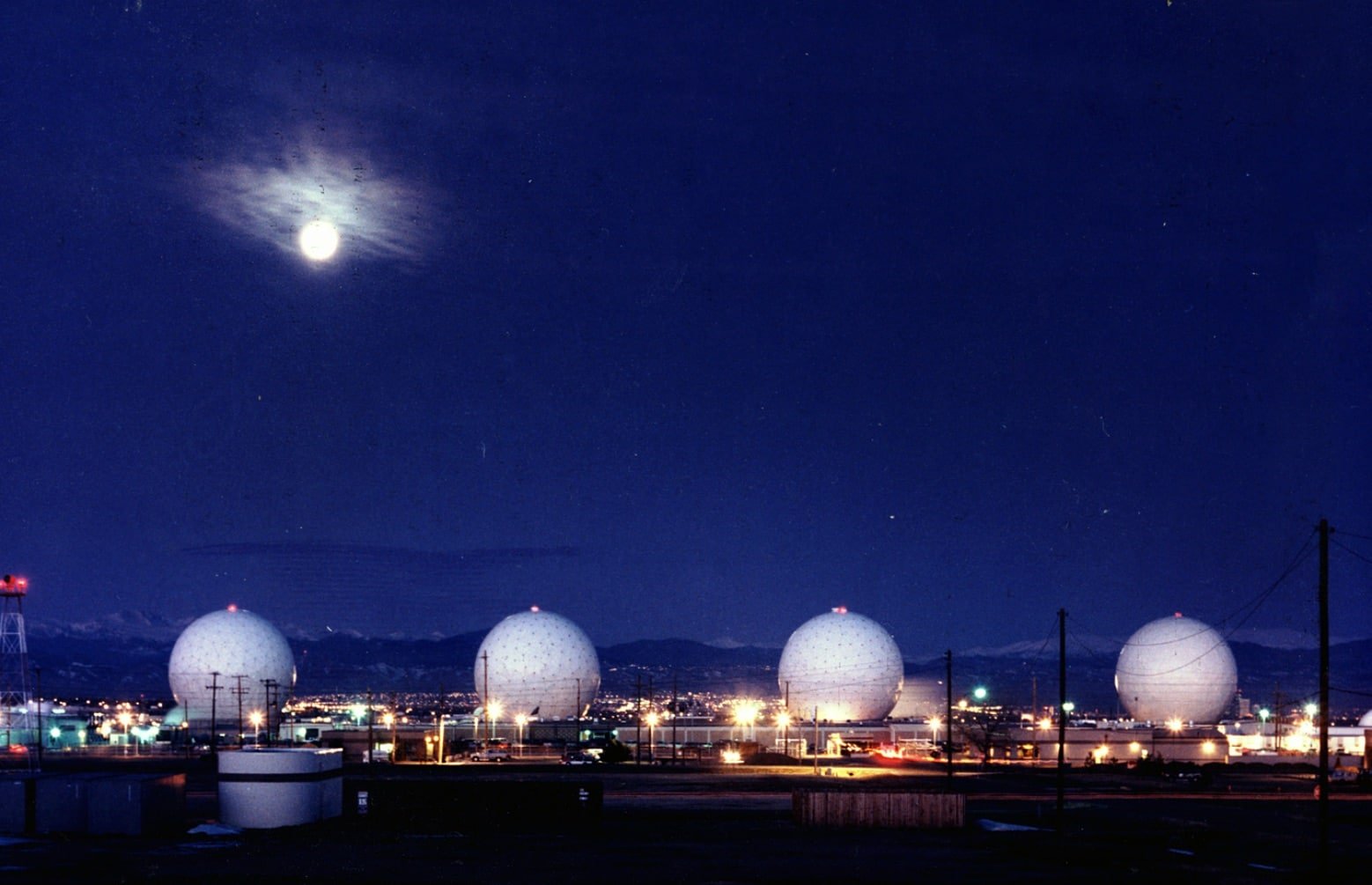




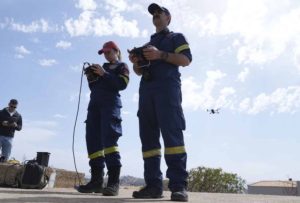
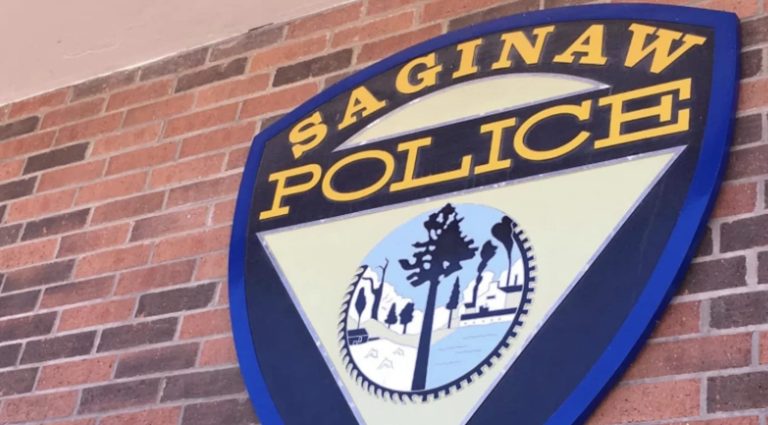
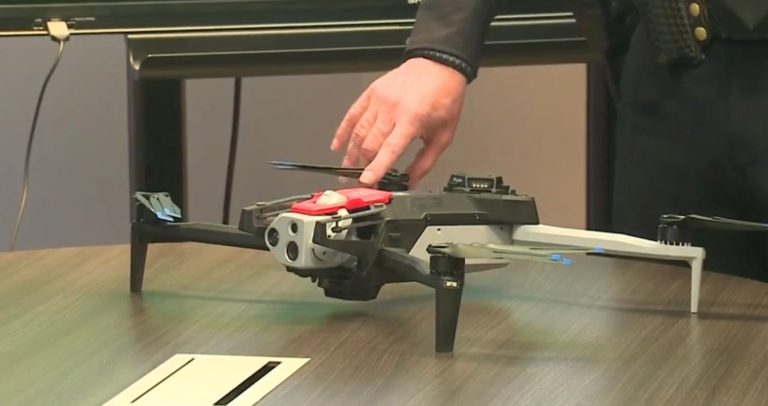
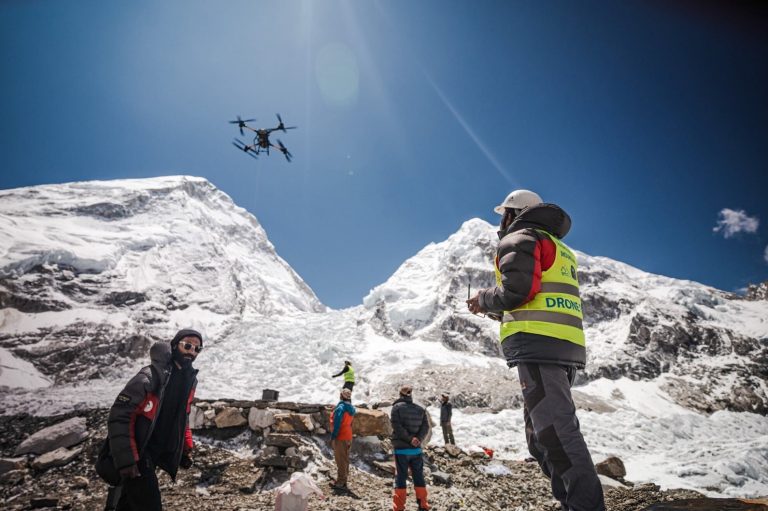
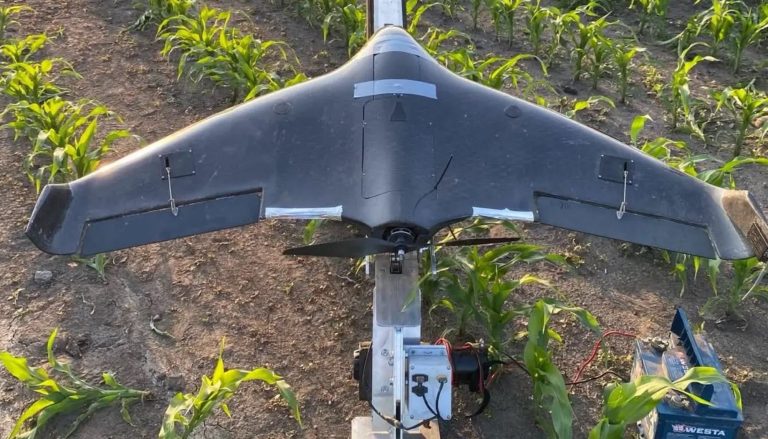
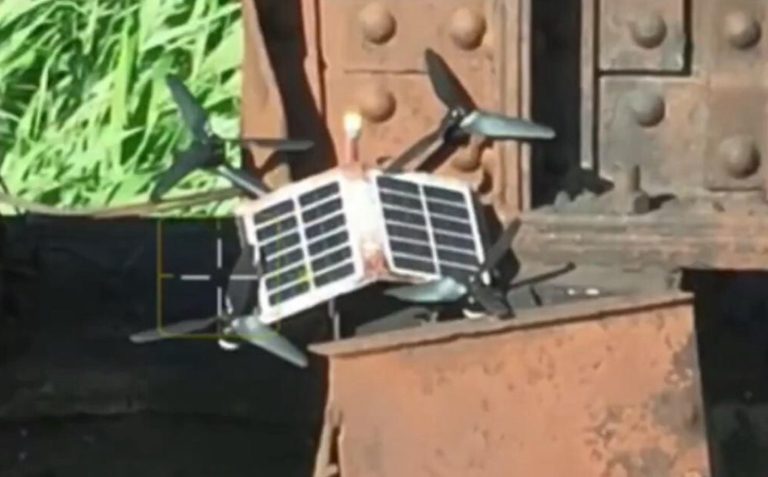
+ There are no comments
Add yours